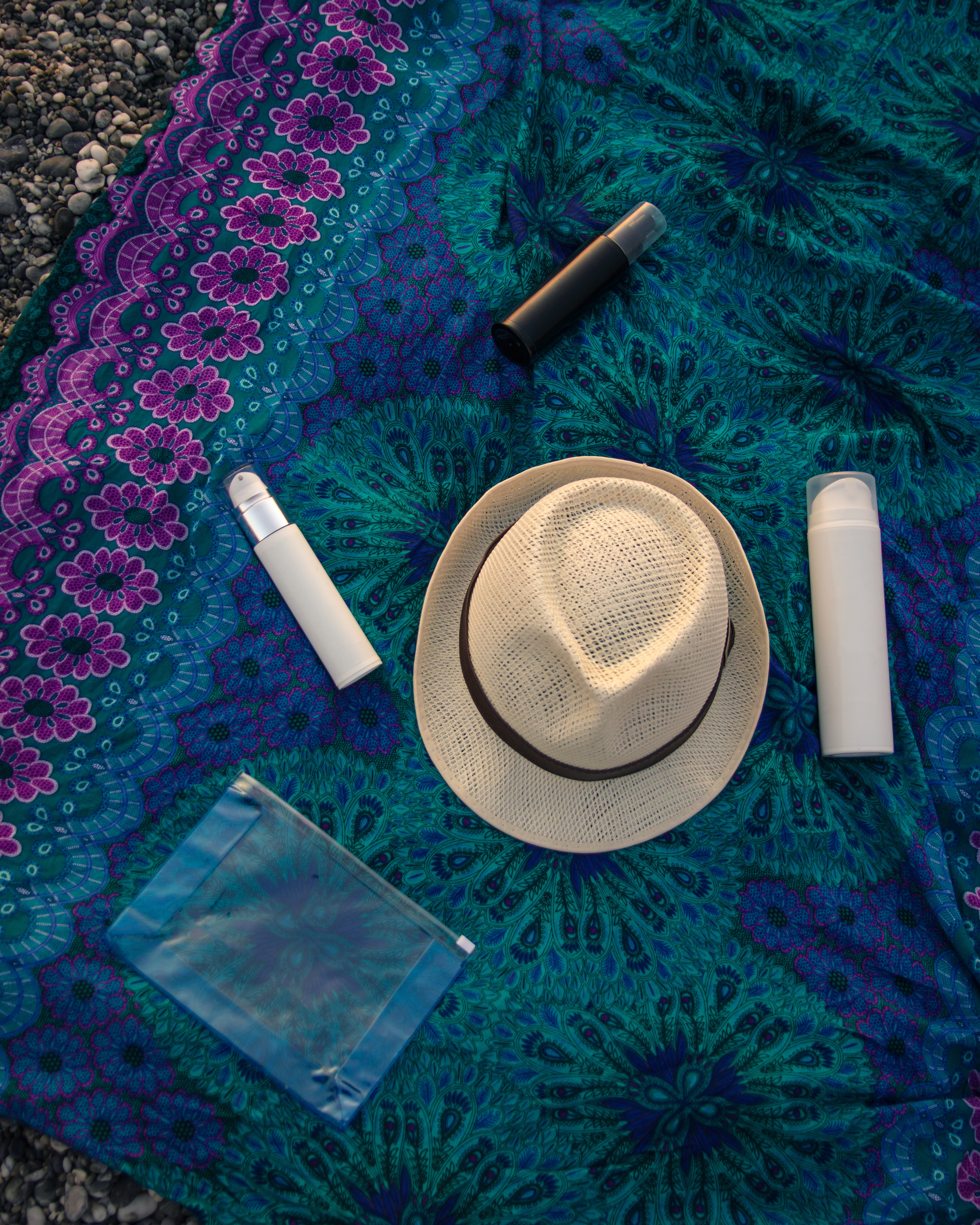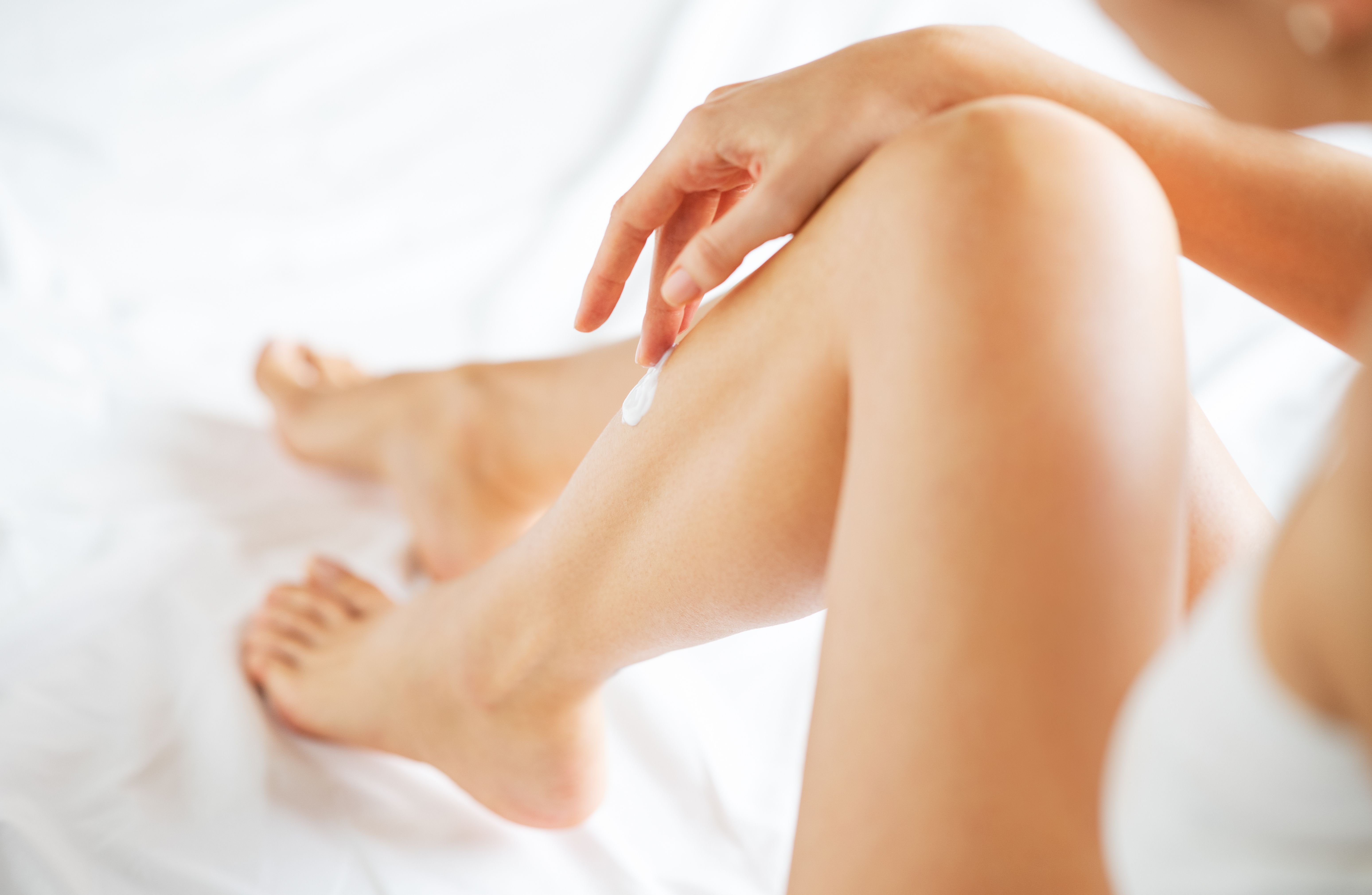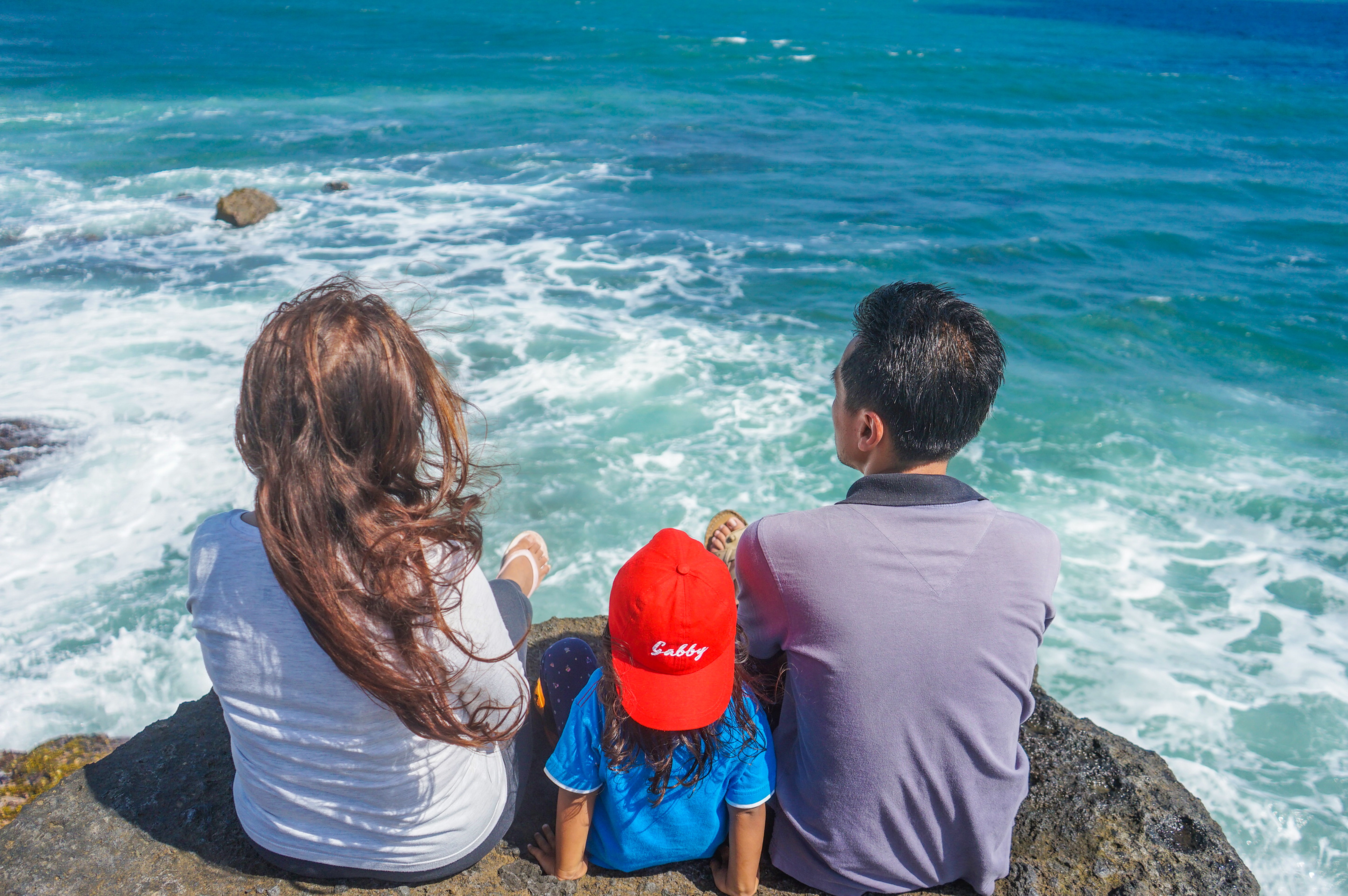Malaysian Dermatologist Shares Tips On Reducing Eczema Flare-Ups While Travelling
Some additional steps to minimise the risk of flare-ups that can derail your holiday.
Taking a break from daily life and going on vacation can prove to do wonders for your mood and wellbeing.
However, if you live with a chronic skin condition like atopic dermatitis (AD), also known as eczema, you may dread the thought of playing tourist due to flare-ups.
AD affects people in different ways. Common symptoms could range from dryness and itching to inflamed patches of the skin that ooze and crust over.
When it comes to travel, these symptoms can often be brought upon by changes in the weather such as temperature and humidity levels, unfamiliar food, pollen, and other allergens in the air, as well as the stress of coping with different time zones and sleeping arrangements, among others.
Thankfully, AD can be managed using a combination of therapies. These could range from moisturisers and topical corticosteroids, to more advanced treatments such as oral immunosuppressants and injectable biologic therapy.
Overall, it is important to manage AD well to enjoy good quality of life. This fact is even more pertinent during your travels, as someone with well-controlled AD is less likely to experience flare-ups, says consultant dermatologist Dr Norazirah Md Nor.
According to the doctor, while AD can be triggered by a host of factors, the condition can be managed well to reduce flare-ups.
Here are four ways to keep it at bay so you can enjoy your holiday:
1. Pack a complete AD kit which includes topical and oral medications, lotions, and personal care items you normally use at home
You should pack one small set to use on the go, especially if you're travelling by flight, as the dry, recycled air in planes can aggravate your skin. Keep an extra pack in your luggage that is sufficient to last the trip.
2. Make sure to moisturise throughout the day, especially after bathing, to alleviate dryness
The role of moisturising in managing AD is under-appreciated, says Dr Norazirah. It can help immensely whether you are dealing with hard water, dry air, or other factors that cause your skin to feel dry and irritated. Moisturising is necessary even if you use a mild or cream-based cleanser.
3. Use sunscreen to protect your skin and dress in breathable fabrics according to the weather
Overexposure to the sun can make AD symptoms worse so try to stay indoors during the hottest time of the day, which is between 9am and 3pm, and wear sunscreen every time you head out. Perspiration can trigger AD symptoms, which is why Dr Norazirah recommends wearing breathable fabrics even in cool temperatures, as things like high humidity can increase the likelihood of sweating.
For cold weather, layering is important so you can add or remove layers as needed, and avoid trapping excessive heat and/or moisture that can irritate your skin.
4. Plan ahead for dietary needs to reduce the risk of triggering a food-related flare-up
Trying new cuisines is an exciting part of the travel experience. However, this can be a challenge when you (or someone you're travelling with) have food allergies, which is more common in children. Dr Norazirah explains that while it is easier to avoid certain categories of food, additives like preservatives and colouring are more difficult to avoid.
So, it can help to do some research ahead of time to see what local food options you should avoid. You could also consider carrying some snacks along in case your approved food options are limited while you are on the go.
At the end of the day, travelling should be a joyous experience. As long as AD is well managed, it should not hold you back from enjoying your holiday.
From choosing your accommodation to avoid triggers like cigarette smoke and other airborne allergens, to packing an extra set of everything important in case of flight delays or missing luggage, being prepared is key.
Reducing stress points is also important, so allow plenty of rest time in your itinerary. In the midst of all your holiday fun, remember to practise basic self-care by getting enough rest, eating a well-balanced diet, and staying hydrated throughout the trip with lots of water, juices, or other clear fluids.
Dr Norazirah puts it best, "Quite simply, being able to anticipate potential triggers makes you better equipped to deal with them, so if you are an AD patient, or travelling with one, a few thoughtful preparations can help manage the condition so you can look forward to your trip with greater peace of mind."
If you are planning a trip this festive season, speak to your dermatologist for more advice about how best to manage AD while you're away.
The information provided is for educational and communication purposes only and it should not be construed as personal medical advice. Information published in this article is not intended to replace, supplant or augment a consultation with a health professional regarding the reader's own medical care.
References
¹ Clinical Practice Guidelines, Management of Atopic Eczema, 2018. MOH/P/PAK/393.18(GU). Available at: https://www.moh.gov.my/moh/resources/Penerbitan/CPG/Skin%20Condition/CPG%20Management%20of%20Atopic%20Eczema.pdf.
² Everyday Health. 6 Ways to Make Travel Easier if You Have Severe Eczema, https://www.everydayhealth.com/eczema/tips-traveling-severe-eczema/
³ National Eczema Association. Bon Voyage, Eczema! How to travel without triggering a flare, https://nationaleczema.org/blog/travel-with-eczema/
⁴ National Eczema Association. Community Tips: What are your top eczema-friendly travel tips?, https://nationaleczema.org/blog/scratch-pad-travel-tips/
⁵ Health Central. 9 Top Tips for Traveling With Eczema – Minus Any Flares, https://www.healthcentral.com/slideshow/staying-prepared-when-traveling-with-eczema
⁶ National Eczema Association. Get the Facts: Hard Water, https://nationaleczema.org/blog/hard-water-eczema/
⁷ Healthline. How to Minimize the Risk of Eczema Flare-Ups on Hot Summer Days, https://www.healthline.com/health-news/how-to-minimize-the-risk-of-eczema-flare-ups-on-hot-summer-days
⁸ Everyday Health. How to Recognize and Avoid Common Eczema Triggers, https://www.everydayhealth.com/eczema-pictures/eczema-triggers-to-avoid-0310.aspx
⁹ Healthline. Can Dust Mites Cause Eczema?, https://www.healthline.com/health/eczema/dust-mite-eczema
¹⁰ WebMD. How Pets Can Affect Your Eczema, https://www.webmd.com/skin-problems-and-treatments/eczema/eczema-and-pets







